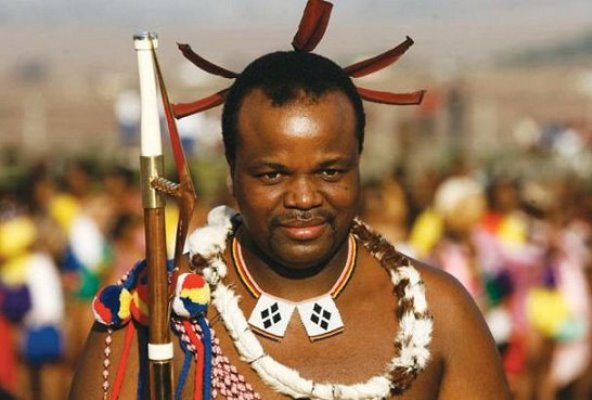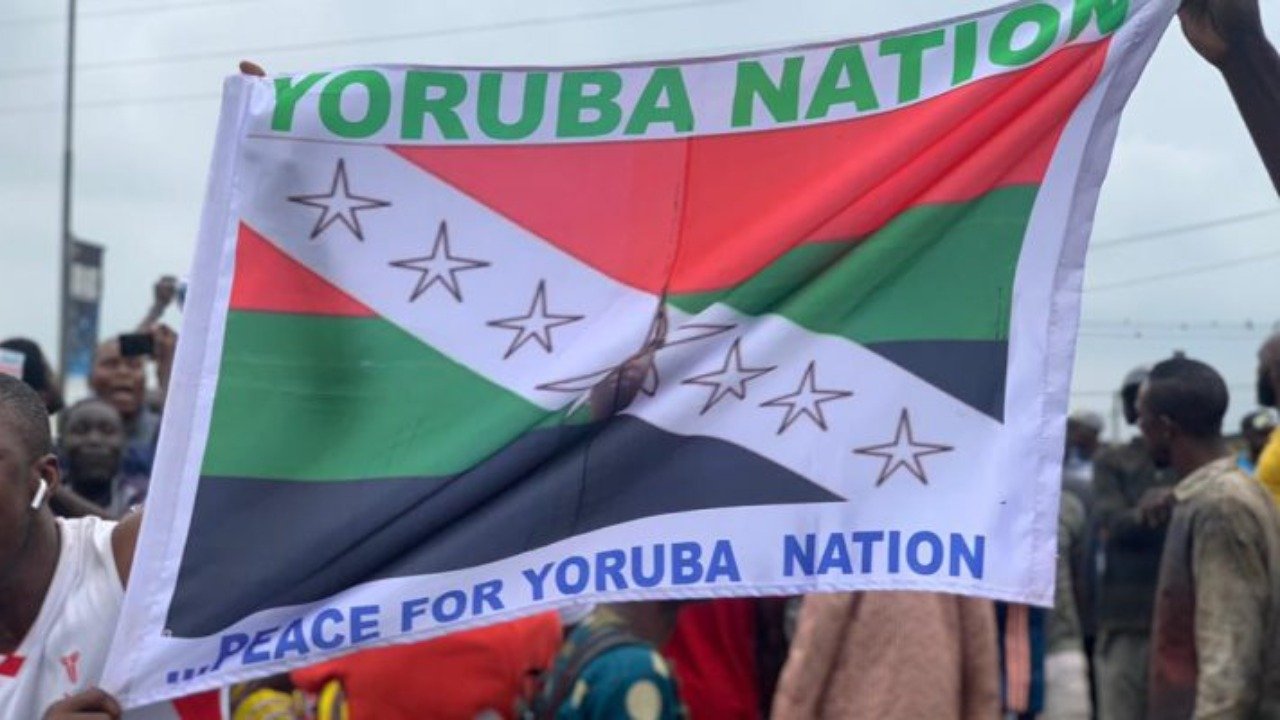By Timothy Edaki
So, few days ago, my editor stepped into the dinghy newsroom crowded with papers, files, cameras and other media paraphernalia and broached the idea of this article to me or rather implored me to write an article on a Swaziland king who I must confess I have never heard of before now. When he gave me the topic he wanted, King Mswati III: Legend of a man who loves fresh bosom, I doubled over in a loud guffaw, chortling and squeaking with laughter to the amazement and obvious surprise of my fellow reporters and the editor himself.
After apologizing, I decided to get to work with a benign smile still resting on my face. Only when the search engine brought back results for my request did the smile dry on my face and a crease begin to form upon my forehead.
Born some 50 years ago, King Mswati ascended the throne in 1986 at 32 years of age after the death of his father, Sobuhza II making him the youngest reigning monarch as at that time. Just as the popular saying, his reputation precedes him and it is not one that would leave smiles upon the face of anyone. His reputation for unrivalled and unrestrained love, lust and desire for young women usually between the ages of 14- 19 is predominantly the results the search engine has of him.
The monarch is said to have 50 wives and 23 children. One can boldly assert that he is working in the footsteps of his father who was said to have had over 125 wives during his 82-years reign.
What is quite worrisome is that King Mswati is the last of the absolute monarchs in the world, hence a number of eyes are always on his every move. In fact, he was present at the wedding ceremony of the Prince Harry and Megan Markle in England. In essence, his every move is monitored and each step shows the world how Africa is. His moves, responses, steps provide answers to questions like: Is Africa moving in the right direction? How can we judge Africa in terms of justice, equality, equity and fairness?
One can say, if this Swaziland monarch is the yardstick for providing responses to this question, then Africa has regrettably and undeniably failed. And yet we wonder why the international community sees us as animals.
His reputation for young girls is one that the world has come to know him for. Interestingly, two of his wives are chosen for him by a council which gives him and wile that is legal, the monarch has come under fire a number of times by the public for his interest in young girls. Reports also state that about two of his wives have died or rather committed suicide following the brutal treatment by the King.
Early this year, his 8th wife, Senteni Masango, was found dead after consuming an overdose of a drug for mental patients. Online sources stated that she was unhappy in the marriage and perhaps saw suicide as her best form of escape from Mswati’s brutality.
A number of his wives have even fled the palace to neighboring countries such as South Africa and some to United Kingdom and England.
He was even accused of kidnapping his wives but lack of evidence and witnesses to present a watertight case has seen him always go scot-free.
Mswati has been under heavy fire of criticism by the media in recent years for his lavish and flamboyant lifestyle and spending. Swaziland media reports that the King lives a lavish lifestyle in sharp contrast to the starvation beguiling his people. In the 2014 national budget, parliament allocated $61 million for the king’s annual household budget, while 63% of Swazis live on less than $1.25 per day. In response to the growing criticism of his purchase of luxury cars, including a $500,000 Maybach, he banned the photography or taking of pictures of his vehicles. According to the Forbes 2009 list of the World’s 15 Richest Royals, King Mswati is worth a reported $200 million.
I continued to do more research on this King as I wrote the article hoping that something would exonerate him from these claims or that I would be pointed in the right direction of his goodwill and benevolence but to say I was disappointed would be an understatement. I found nothing of respite and yet we wonder why Africa is backward, we wonder why we are still in the dungeons of poverty, we wonder why we never make progress, we wonder why our growth is stagnant and static, we wonder why things always look bleak., we wonder why development seems like a mirage.
I am quite doubtful that what I have written down is what my editor had in mind when he requested me to write this article but I just saw a bigger picture. The bigger picture of inequality, continued fairness in our continent and the inherent evil nature of the black man and why concepts like gender equality and feminism cannot gain grounds and stability in Africa.
And although, I am tired of the cliché and trite anthem of hoping that something happens, that a difference would happen soon, it is my best prayer now. Africa would rise again.

 News6 years ago
News6 years ago
 Featured6 years ago
Featured6 years ago
 Boss Picks6 years ago
Boss Picks6 years ago
 Headline6 years ago
Headline6 years ago
 Headline6 years ago
Headline6 years ago
 Headline5 years ago
Headline5 years ago
 Headline6 years ago
Headline6 years ago
 Headline6 years ago
Headline6 years ago













